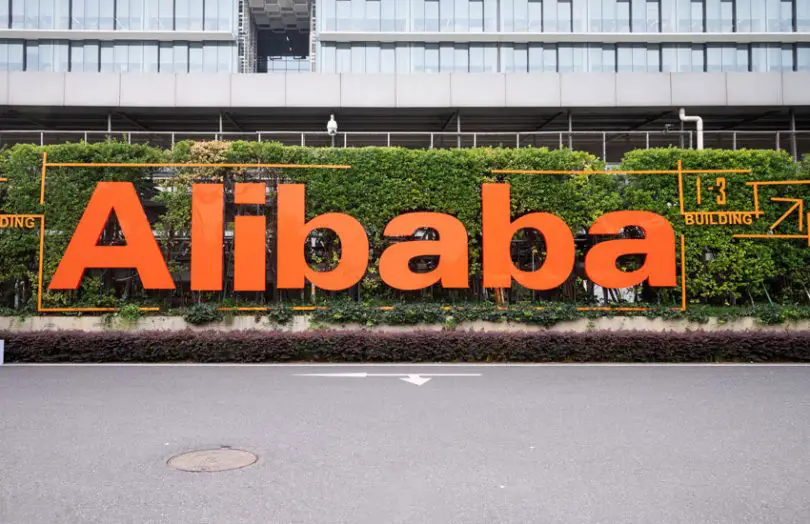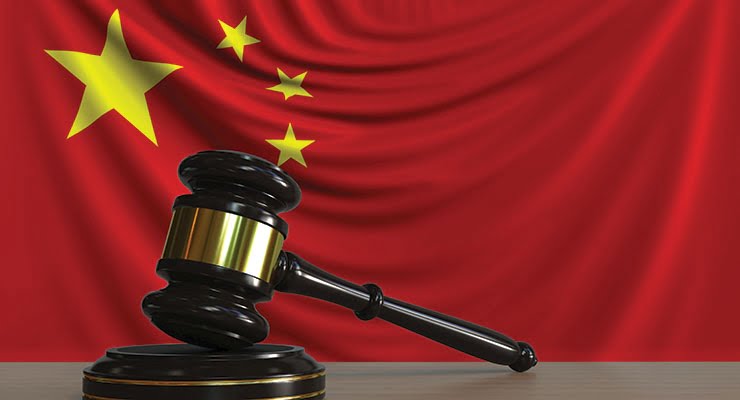Over the last decade, different technology companies have grown in China under the protection of the local government and now the country releases new anti-monopoly guidelines and they declare that the tech giants will be watched closely. This gigantic growth has also had consequences. The Chinese government has introduced new antitrust rules to regulate and keep potential monopolies at bay in the country.
China to release new anti-monopoly guidelines
During this Sunday the State Administration of Market Regulation of China has published the new anti-monopoly guidelines. Guidelines that apply new and tighter restrictions for large technology companies. This is the formalization of a draft law presented last November 2020.
While in the rest of the world there are big companies like Apple, Google, Amazon, Facebook, and Microsoft; in China, they have their own alternatives. Alibaba Group, WeChat, or Tencent Holdings are some of these large companies that have taken over different sectors of the Asian market. Online shopping, communications on online platforms, or digital payments are some of these sectors.
New measures taken by regulators include closer and more detailed monitoring of the practices of large companies. These practices include, for example, prohibiting price fixing, restricting the use of certain technologies, or using data to manipulate the supply and demand market. In general, practices typical of a player that dominates the market.
Tech giants will be watched closely

In recent months, China has become more intrusive in the activities of the country’s major companies. Clear proof of this is what has happened with Ant Group, a payment service that was born under the wing of Alibaba Group and has become a giant on its own. The company tried to go public with a record $37 billion public offerings. The plan did not go as they had hoped.
In the West, things are following a similar route. Tech giants are facing different lawsuits for anti-competitive practices in the United States and Europe. During 2020 alone we have seen cases against Google, Amazon or Facebook. Previously also Apple.





